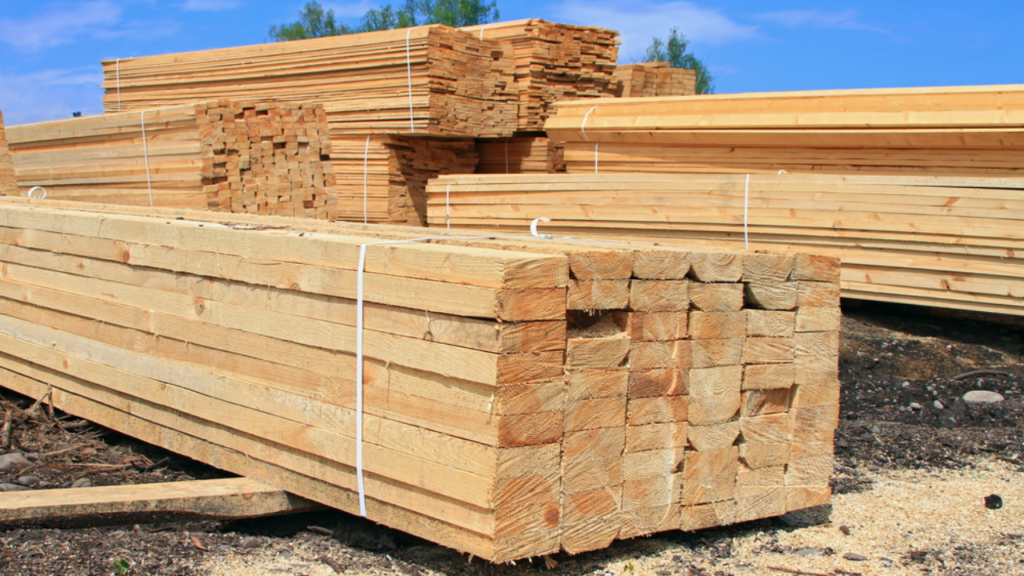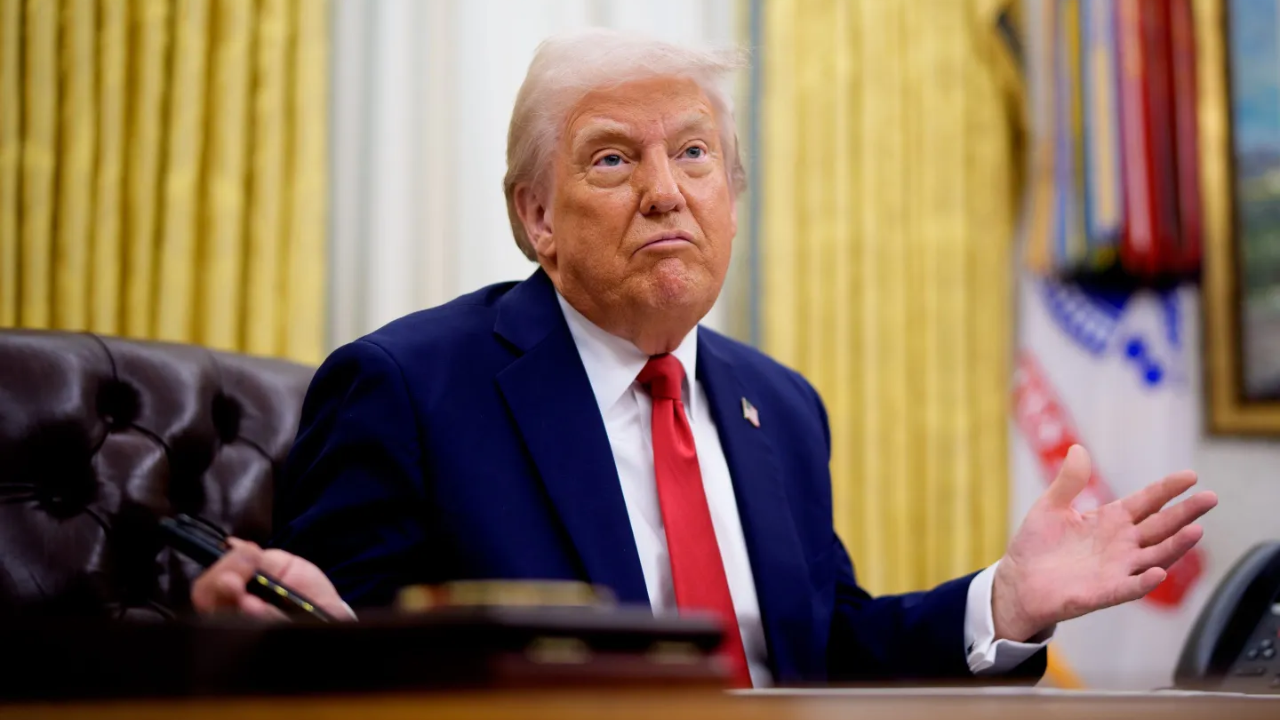When we think about tariffs, we usually assume prices will go up. And yes, for many imported goods, that’s true. But here’s something surprising — some items might get cheaper because of President Donald Trump’s recent tariff decisions.
While most people are focusing on how trade tensions will raise costs, certain sectors in the U.S. may benefit from reduced foreign competition or stronger local production. And that could mean savings for American consumers in a few key areas.
Let’s break down 5 things that might become more affordable, and why.
1. Gas Prices May Drop Soon
One of the biggest shocks from Trump’s tariffs is how they’re affecting global oil prices. According to Fox Business, crude oil has dropped to a four-year low. That’s a big deal.
For American drivers, this means cheaper gas in the coming weeks. Experts predict gas prices might fall by 15 cents per gallon. If that happens, this summer could have the lowest fuel costs since the pandemic began in 2020.
This change is mainly due to disruptions in global energy supply chains. The market is adjusting, and that’s creating a drop in oil demand and pricing. Great news for anyone who drives regularly.
2. U.S. Beef Could Get More Affordable
While products like imported seafood and coffee may get pricier, beef could be a happy exception, especially beef from American farms.
According to Drovers, a leading beef industry publication, imported beef will become more expensive due to tariffs. That gives U.S. cattle producers a competitive edge. With less imported meat in the market, demand will shift toward American beef, possibly lowering or at least stabilizing prices.
So if you’re a fan of steak or burgers, there might be a silver lining in this trade war.
3. Lumber Costs Might Stabilize

Trump’s executive order to increase timber harvesting from federal lands by 25% is aimed at boosting the domestic lumber supply. This is a big change, especially as tariffs on Canadian lumber are also going up.
According to the National Association of Home Builders (NAHB), the added supply from U.S. forests could bring down lumber prices over time. Builders, contractors, and even consumers doing home projects might see benefits, though it may take a year or more due to capacity limits in sawmills.
But in the long term, this policy could lead to a more self-sufficient U.S. wood market, and that’s good for pricing.
4. Wooden Furniture Could Get Cheaper
American furniture manufacturers — especially those that use mostly domestic materials — are likely to benefit from the tariffs.
As Furniture Today reported, U.S. companies using local wood and materials could become more competitive as imported furniture prices rise. If demand for American-made furniture increases, companies might scale up production and reduce costs over time.
This could especially affect the mid-range and premium furniture market. For shoppers, that might mean better deals on quality wooden furniture made in the U.S.
5. Clothing Made in the U.S. Could Become More Price-Friendly
Not all clothing will get cheaper — in fact, many imported garments are already seeing price hikes. But there’s a twist: American-made apparel could look like a bargain in comparison.
Because these clothes aren’t subject to the new tariffs, they may have a price advantage. GQ and other fashion sources suggest that this could boost domestic fashion manufacturing. And if production grows, prices could eventually drop for some clothing made in the U.S.
So while imported fashion may cost more, locally-made options might surprise you with their affordability — and possibly better quality, too.
In Summary
While most headlines talk about rising costs, not everything is getting more expensive after Trump’s tariff move. If things go as expected, we could soon see cheaper gas, more affordable beef, stable lumber prices, competitive U.S. furniture, and price-friendly local clothing.
Of course, these are early signs, and the long-term effects will depend on how markets and industries adjust. But this side of the tariff story shows there might be some wins for American consumers.
Disclaimer- Our team has thoroughly fact-checked this article to ensure its accuracy and maintain its credibility. We are committed to providing honest and reliable content for our readers.






